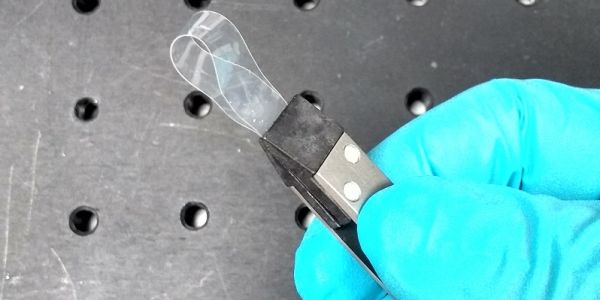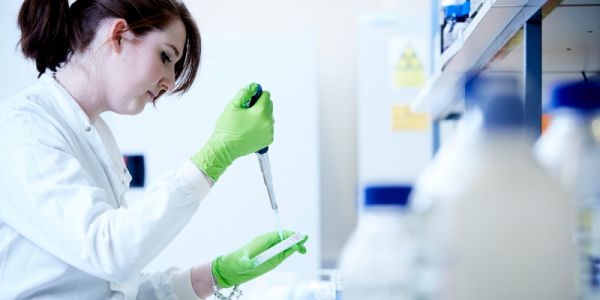
Celebrating a century of women in the legal profession
The country’s most senior judge will today give a public lecture honouring the achievements of a pioneering Yorkshire MP.

The country’s most senior judge will today give a public lecture honouring the achievements of a pioneering Yorkshire MP.

People taking part in Dry January report immediate physical, psychological and emotional benefits, according to the first qualitative study of the popular alcohol abstinence challenge.

Offenders sentenced to prison who have Muslim names do not appear to be receiving unfairly long sentences, according to a new study of more than 8,000 UK Crown Court sentencing decisions.

Scientists have developed a new way to deliver anti-parasitic medicines more efficiently.

Plans for the University’s new high speed rail research and development institute have moved forward after West Yorkshire Combined Authority’s Investment Committee backed a £13m investment.

Harmless flies have evolved over millions of years to mimic the appearance of stinging insects, but new evidence suggests climate change is reducing the effectiveness of that disguise.

Scientists have discovered the first synthetic material that becomes thicker – at the molecular level – as it is stretched.

UK scientists have found a new way to identify people with the most aggressive types of lymphoma, which are less likely to respond to standard drugs.

Professor Piers Forster has been appointed to the Committee on Climate Change and will help to shape environmental legislation and policy.

Newly-developed "nano-tweezers" created by university researchers can for the first time extract single molecules from live cells without destroying them – solving a long-standing research problem.